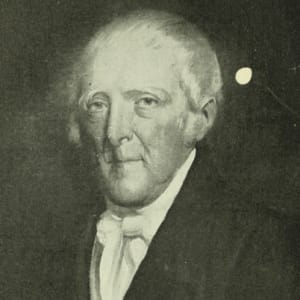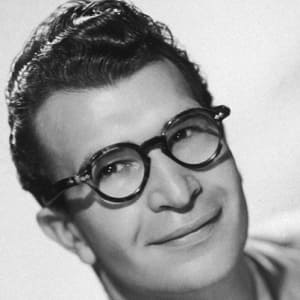
W.E. Gladstone
W.E. Gladstone was a British statesman and four-time prime minister of the United Kingdom (1868–74, 1880–85, 1886, 1892–94).
Synopsis
Born in 1809, W.E. Gladstone was first elected to Parliament in 1832. After serving in different government posts, including as chancellor of the exchequer, he became prime minister in 1868; he would serve four terms in the office (1868–74, 1880–85, 1886, 1892–94). Gladstone's accomplishments included expanding the vote and reforms in Ireland. He died in 1898, and was buried in Westminster Abbey.
Early Life
Born on December 29, 1809, in Liverpool, England—though he was of Scottish descent—William Ewart Gladstone, who was also known as W.E. Gladstone and William Gladstone, was the fifth of six children. He studied at Eton and Oxford; at the latter he was a debater, a skill he would hone during his political career. Despite his personal inclinations, Gladstone heeded his father's wishes and did not pursue a career in the church.
Political Career, 1832-1867
Gladstone was first elected to Parliament in 1832, when he was 23 years old. A member of the Tory party, he held junior government positions before joining Robert Peel's Conservative cabinet in 1843. With Peel, Gladstone became a Liberal-Conservative following a Tory party split in 1846.
In 1852, Gladstone became chancellor of the exchequer, an office he would hold until 1855. He reclaimed the chancellorship from 1859 to 1866. As chancellor, Gladstone's budgets featured a balancing of expenditures and tariff reductions.
Having been a "Peelite" since the Conservatives broke apart, Gladstone joined the Liberals in 1859. He became head of that party in 1867.
Four-Time Prime Minister
When the Liberals won the election of 1868, Gladstone became prime minister. While in government, he disestablished Ireland's Protestant church and worked to grant Irish tenant farmers more rights vis-à-vis English landowners. His government also set up a national elementary education program, outlawed the purchase of military commissions and instituted secret ballots. While prime minister, Gladstone took over as chancellor once more in 1873.
When his party was defeated in the 1874 elections, Gladstone resigned as leader. However, he stepped back into the spotlight to oppose a lack of government action with regards to Turkish massacres in the Balkans. Amid a Liberal electoral triumph in 1880, Gladstone won a parliamentary seat in Scotland (he had previously represented Newark, Oxford University, South Lancashire and Greenwich). He retook the prime minister's office, while again becoming chancellor of the exchequer.
With Gladstone in office, another Irish Land Act—with more protections for peasants—was instituted in 1881. In 1884, the vote was expanded to a greater number of men. However, imperial misadventures in Sudan, and the death of a general there, hurt Gladstone's standing. When the government's budget was rejected in 1885, he resigned. Queen Victoria offered him an earldom, but Gladstone declined the honor.
The following year, 1886, Gladstone became prime minister for a third time. It would be a brief term, as his home rule bill for Ireland was defeated and the Liberals lost at the polls in July 1886. During his time in opposition, Gladstone campaigned to win approval for home rule in Ireland. When he began a fourth term as prime minister in 1892, he attempted to follow through on this platform, but the bill was rejected by the House of Lords in 1893. Gladstone resigned again in 1894.
Personal Life
Gladstone was seen as a serious, humorless man, a view that his political rival, Benjamin Disraeli, often used to disparage him. Gladstone's personality also did not mesh with Queen Victoria's; she had disliked working with him and was relieved when his final term as prime minister came to an end.
Even while in politics, Gladstone spent decades seeking out prostitutes in an effort to help them find a different way of life. He worked with the Church Penitentiary Association for the Reclamation of Fallen Women, and spent his own money in this endeavor. Though he was upfront about his actions—and happily married to an aristocratic wife—Gladstone confided in his diary that after some of these encounters, he used a small scourge to whip himself in private, trying to combat any sexual temptation.
Suffering from cancer, Gladstone died on May 19, 1898, at the age of 88, at Hawarden Castle in Flintshire, Wales. He was buried in Westminster Abbey.




